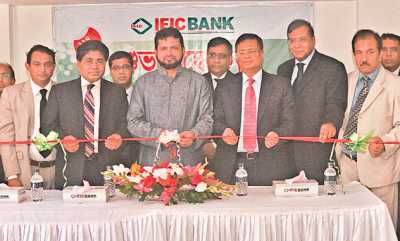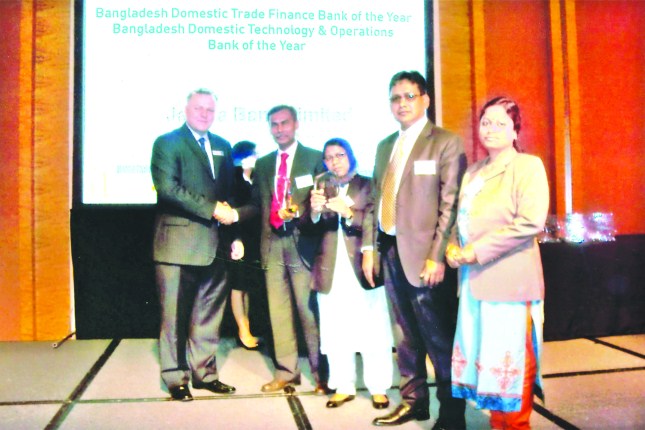A change in the foreign exchange policy to attract foreign investment is feared to widen further the scope of money laundering as Bangladesh Bank relaxed the repatriation rules.
Bangladesh Bank Senior Adviser Allah Malik Kazemi admitted the chance of capital flight still remains though the central bank decided to relax the rules on consideration the country would gain much than what it might lose due to money laundering.
“There is scope of money flight but not much as being feared,” he told the Dhaka Tribune yesterday. “We have more chance of becoming gainer as foreign investment will build fresh industry in the country.”
Bangladesh Bank relaxed the fund repatriation rule when the country is trying to curb money laundering through enacting laws and joining international anti-money laundering bodies.
The central bank on Sunday relaxed the forex policy allowing repatriation of foreign investment from Bangladesh by selling their shares of equity that they owned in unlisted companies. The valuation of shares would now be estimated through a “fair value” method instead of net asset value.
The fair valuation of shares would be estimated on a combination of three valuation methods – net asset value approach, market value approach and discounted cash flow approach depending on the nature of the company.
Senior executives of Bangladesh Bank considered it to open the exit door of funds foreign investors earned through their business in the country.
Kazemi said the central bank lifted the restriction on fund repatriation in order to encourage the long term foreign investment in the country.
The restriction had, however, been maintained fearing the money flight. But now, he said, the restriction has been lifted in response to demands by some foreign investors who have already invested in the country.
He said long-term foreign investment has slowed down due to the strict exit policy. But some foreign investors had invested here relying only on Bangladesh Bank’s commitment it would relax the condition for repatriation of funds.
He said the net asset value was not a fair approach as the process might be applicable for a closed company, but not for a running company.
Another senior executive, preferring anonymity, said the foreign investors were earlier allowed to entry in the country for investment, but with strictly restricted repatriation rules the central bank had imposed fearing money laundering.
As a result, foreign investors have been deprived of the income, brand value of the companies, and do not get the real value, making them reluctant to invest for a long time in the country.
He said though the relaxed rule would contribute to increase long term foreign investment in the country, it would also create a great scope of money laundering.
“Capital flight could take place through manipulation of the valuation process of the shares,” he said. He, however, defended that the central bank has the option to justify the value, but still having the scope of being biased.
“There is a chance of capital flight,” said Mamun Rashid, banker and economic analyst. However, he said the auditors have huge responsibility to protect the capital flight.
On the other hand, he said, private equity investors would be encouraged due to the new rule.
According to the circular, application for repatriation of sale proceeds of shares will have to be submitted to the foreign exchange investment department of the central bank with a valuation certificate, issued by a merchant bank or a chartered accountant.
The valuation certificates will have to be supported by full explanation justifying the fair value. Audited financial statements of the company will also have to be submitted along with the application for remittance approval, the BB said.
The central bank, however, can scrutinise the valuation by another chartered accountant, if it is not satisfied about the appropriateness of the valuation of shares.
News:DhakaTribune/2-Sep-2014




